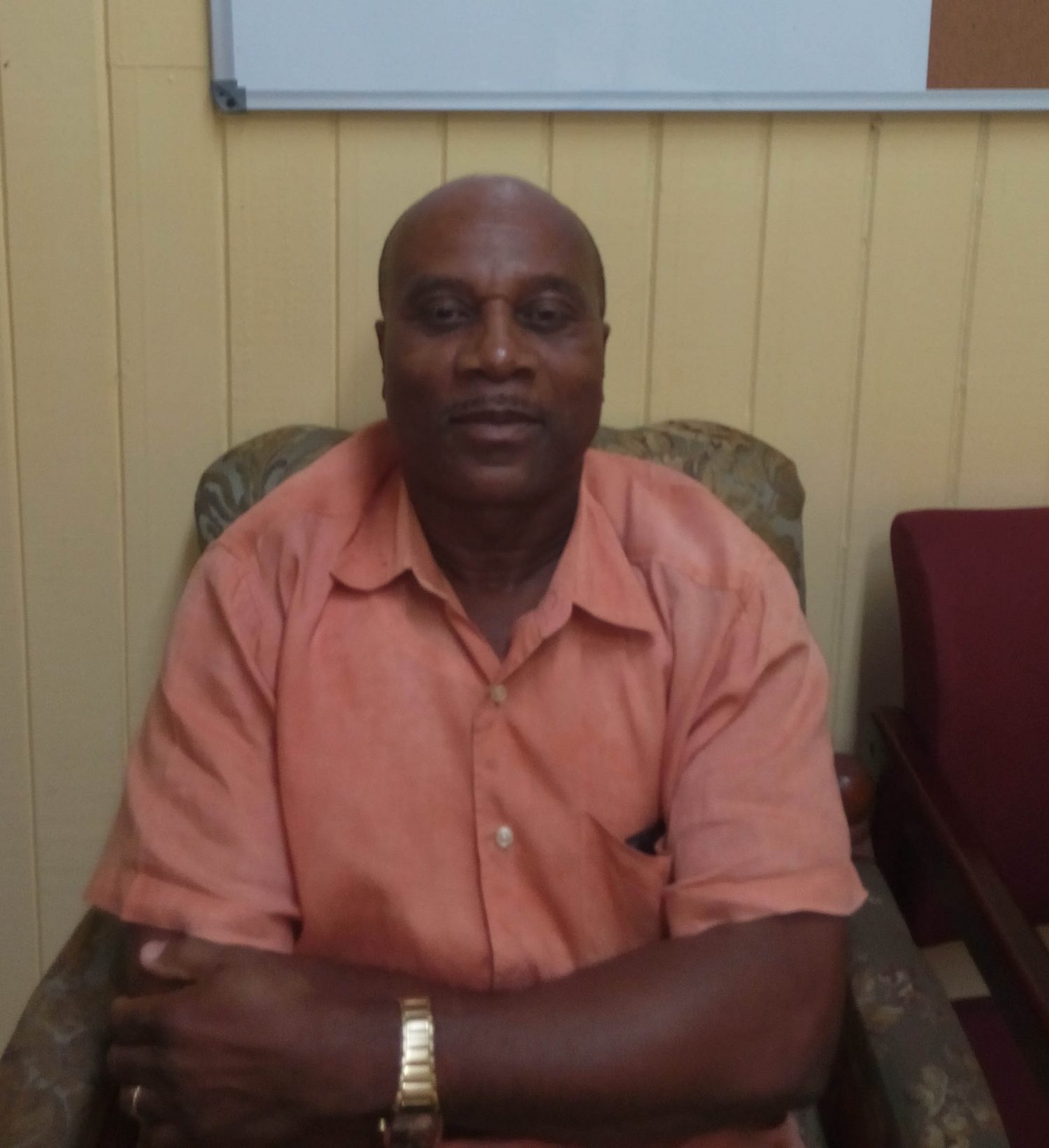As part of its ongoing anti-corruption campaign, the State Assets Recovery Agency (SARA) is working along with regional administrations to ensure that budgetary funds are properly spent and accounted for, according to its Chief Executive Officer (CEO) Major (retd) Aubrey Heath-Retemyer.
“We are not running the regions, we’re just there to point out that, ‘Look, things have gone in this direction, sometimes overpayment, for example, and, therefore, it means that somebody is being paid for work that isn’t done.’ It’s either the region step up and try to get the contractor to finish the job or to ensure that he or she returns the money,” Heath-Retemyer told Stabroek News during an interview on Wednesday.
While stressing that the agency does not aim to be intrusive, he said that it is working closely with the regions, which have been cooperating.
“There are areas in which we have pointed out to some of the regional executive officers that we think paying some attention to those areas would improve the level of efficiency that they exercise on the budgets,” he added, while pointing out that the regions collectively account for approximately 13% to 14% of the national budget and have millions of dollars at their disposal.
“If we can ensure that the money that is assigned to the region ….is properly spent, they [the regions] will get their monies worth for the projects that would be executed… [and] assure that the public will be satisfied that the regional administration is doing its best to improve the quality of life,” he said.
Investigations by the Auditor General’s office has found that millions of dollars in unverified payments have been made by regions and in some cases overpayments.
Heath-Retemyer stated that the agency is engaging every region from the view point of asset recovery. “We work with the regions because it’s better to cooperate with the regions and let them do their job rather than trying to take on the responsibility of doing it…,” he said.
He also stressed that the ongoing anti-corruption drive is the flip side to asset recovery.
“If you lose less or you reduce the outflow, you wouldn’t have as much to retrieve, so we have invested a lot of time and resources in the anti-corruption drive. So, I believe that the public is slowly realising that this is not just rhetoric and hot air and talk but that we are committed to changing the culture of this country, so that people understand that corrupt activity will have serious negative impacts on their daily lives,” he said.
Making progress
Meanwhile, with regards to the cases being prepared for court, the CEO said that despite the large volume of work to be done, the agency is confident that litigation can start in the third quarter of this year, as was previously announced by SARA head Professor Clive Thomas.
“Very often, it is not that we are unrealistic or untruthful. The fact is that… it’s taking us much longer than we had anticipated. Sometimes in the preparation of the cases, you have to get information… documentation to support your story and when the investigators go to an office they may be shown a room in which you have 40 [or] 50 boxes in all kinds of condition and they have to go through this mountain of paper slowly and look for what they want. Sometimes, they do find what they want and sometimes they don’t…. That is time consuming,” he explained.
He added that the agency recognises that the gathering of evidence is a “lot more tedious” than originally anticipated but he assured that SARA is making progress. “We still believe that we can live up to the assurances and deadline given by Dr. Clive Thomas,” he said.
Heath-Retemyer declined to identify the cases being prepared for court but did note that the cases were referred to the agency as a result of the 2015 forensic audit into the National Industrial and Commercial Investments Limited and by the Police Legal Advisor.
“So, it is not just going out and grabbing something that we hear about or read about,” he said, while reiterating the cases had been referred to the agency. “We have a method by which the cases are selected and that method would be in the public domain shortly,” he added as he stressed that he has tried to provide as much information as the agency could to the public.
Thomas had previously expressed confidence that SARA will be successful in civil recovery in the cases it will take to court, particularly given the evidence gathered and the strong local and international legal support that is being given. He had said that the matters involve money, land and buildings, belonging to the state.
Heath-Retemyer made it clear that the agency is not running from any responsibility or trying to keep the public out of the loop. He stressed that the agency recognises that in the cases where there is a public skepticism, “you have to do a lot more work in providing society with the information…we have to provide society with the comfort that this is indeed a national effort and not any single party executing a vendetta and we have been working.”









